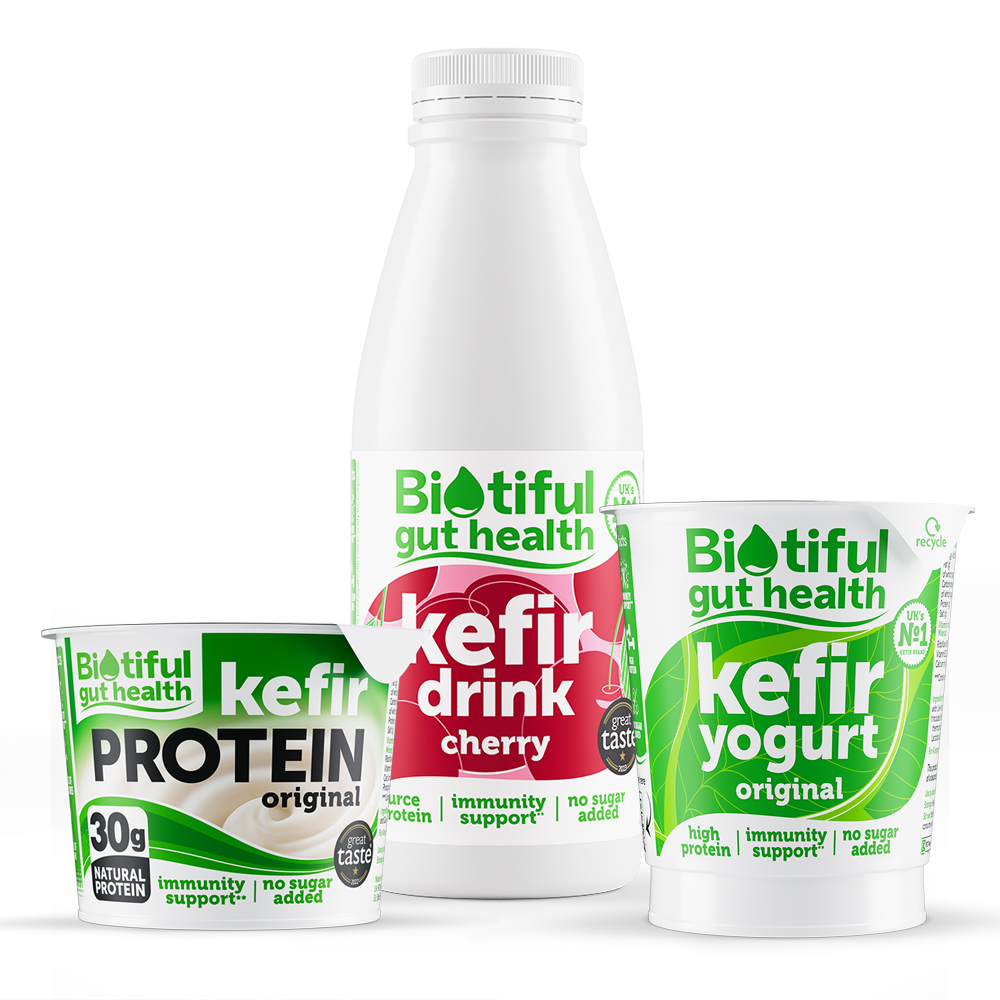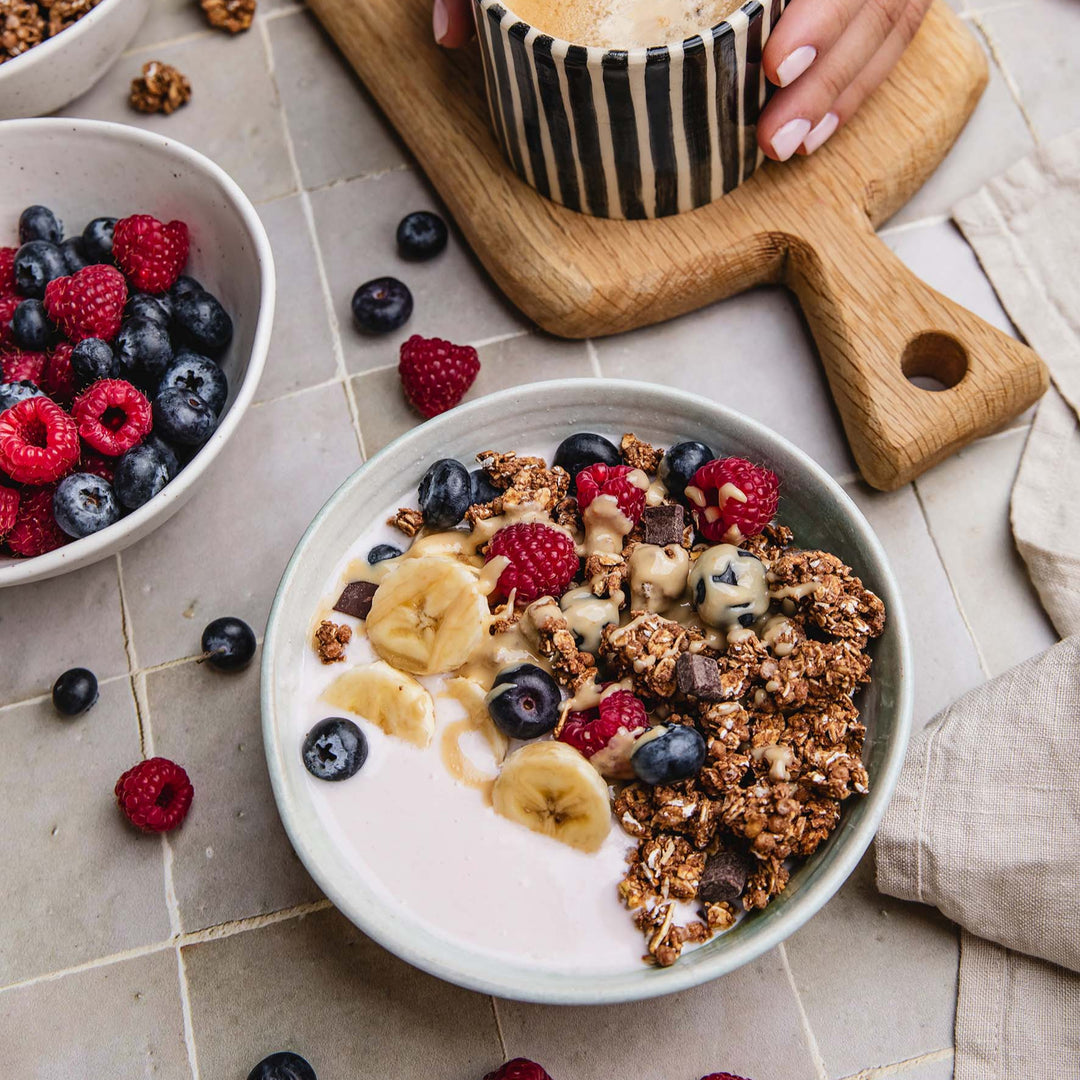The Gut-Skin Connection: Understanding How Your Gut Health Impacts Your Skin

The connection between our gut and skin health has been sparking discussion within medical and wellness circles as many people have been wondering if there is a link between the two. Are you looking for ways to improve your skin health? Keep reading to explore how what we eat and how we sleep can influence both our gut and skin health.
The Skin Microbiome and Gut Microbiome: Are They Linked?
The human body hosts a diverse array of microorganisms, collectively known as the microbiome, which play important roles in many bodily functions. The skin and gut are major hubs for different communities of bacteria, fungi, and other tiny organisms, forming a complex ecosystem.
New studies show a close link between the gut and skin microbiomes, where problems in one can affect the other. When your gut bacteria fall out of balance, it can cause inflammation and lead to skin conditions such as eczema, psoriasis, acne and rosacea.1,2 Understanding this intricate balance can help us understand how to have radiant skin from the inside out.
What impact does Leaky Gut Syndrome have?
Leaky gut syndrome is where the intestinal walls become permeable, meaning they develop tiny openings or “leaks” that allow substances such as toxins, undigested food particles, and bacteria to pass through and enter the bloodstream.3 A weakened gut barrier can lead to inflammation, affecting not just the gut, but also our skin as the influx of toxins can lead to flare-ups and lasting inflammation.
What foods can help?
Incorporating fibre-rich foods like fruits, vegetables, and whole grains, as well as omega-3 fatty acids found in fish, flaxseeds, and walnuts, can help soothe inflammation in both the gut and skin.
Probiotic-rich foods like kefir, yogurt, and fermented veggies can help restore balance to your gut by bringing in good bacteria. These foods are teeming with Lactobacilli, essential for maintaining gut flora balance, aiding digestion, and supporting overall gut health. Our diverse range of tasty Kefir products makes it easier to digest and is brimming with potential skin benefits. By adding kefir to your diet, you can shield your skin from environmental damage and ease inflammation triggered by conditions like acne or eczema.4
What role does your internal body clock have?
Your body’s internal clock, known as the circadian rhythm, is like a built-in timekeeper that regulates various processes within our bodies. When synchronised with external cues like sunlight, this internal clock helps maintain its rhythm and ensures that various bodily systems, including digestion and skin repair, operate harmoniously to promote optimal health.
However, when life interferes with our internal clock—be it irregular sleep patterns or demanding shift work—it can disrupt its rhythm, potentially causing health issues like irritable bowel syndrome (IBS) and skin disorders.2,5 Focusing on regular sleep patterns and soaking up natural light is also important for good skin and gut health.
Evidence suggests our gut and skin health are closely intertwined, where disruptions in one can influence the other. If you’re dealing with skin troubles, consider exploring the positive impact a balanced diet and a thriving gut can have on your overall well-being.
Reference:














